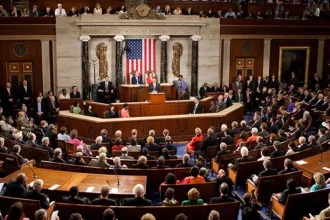TikTok will soon prevent users under 18 from using beauty filters that modify facial features, responding to concerns about their impact on youth mental health and self-esteem.
The upcoming global restrictions will disable access to filters like “Bold Glamour,” which smooths skin, enhances lips, and alters eye shapes—effects that closely mimic reality. However, comedic filters, such as those adding animal features, will still be available to teenagers.
These measures follow a report by Internet Matters, a child online safety non-profit, which indicated that such filters can create unrealistic standards. Many teens, especially girls, feel pressured to match these idealized images, with some viewing their natural appearance negatively.
The success of this initiative depends on reliable age verification. TikTok is enhancing its system with machine learning to identify age misrepresentation as part of broader efforts to eliminate underage accounts. The platform currently removes around 20 million accounts quarterly for age policy breaches.
Chloe Setter, head of child safety public policy at TikTok, acknowledged potential challenges but emphasized a commitment to safety, even if it results in some incorrect bans. Affected users can appeal erroneous removals.
Richard Collard of the NSPCC praised TikTok’s initiative but called for broader action across social media to ensure robust age verification.
Chloe Setter reiterated TikTok’s commitment to enhancing safety features amid regulatory scrutiny. The company plans to further restrict access for users under 13, a traditionally hard-to-monitor group.
Similarly, Roblox has limited younger users’ access to certain content, and Instagram has introduced monitored teen accounts.
Read: Roblox Introduces New Safety Measures for Users Under 13
As the year ends, TikTok’s focus on age-appropriate content reflects a wider shift in social media towards enhancing user safety, a movement expected to grow with new laws in 2025.






